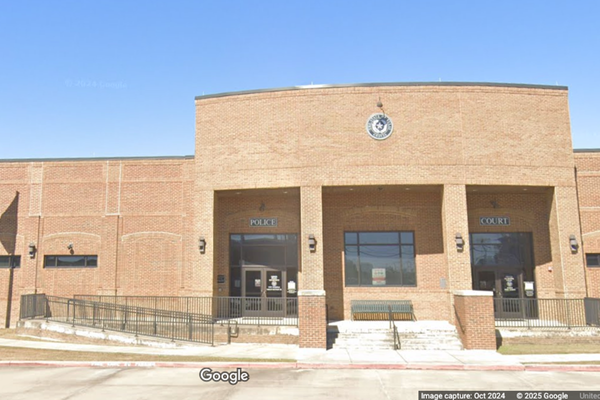The discovery of a small hive beetle in a beehive in the north-west of Tasmania has rocked the state's honey bee industry.
The small hive beetle has been described as a "shocking pest" by the president of the Tasmanian Beekeepers Association, Lindsay Bourke.
He said the beetle was a threat to the state's $12.8-million honey industry.
A 15-kilometre exclusion zone has been declared for the area around Devonport Port by Tasmania's Biosecurity Department after the beetle was found in a hive.
The state recently extended a ban on bee imports and second-hand beehive equipment for another six months in a bid to keep it free of the deadly varroa mite.
Thousands of bees have been destroyed in NSW to stop the pest from spreading.
Beetle 'slimes' bees out
Mr Bourke owns Tasmania's biggest beekeeping business and says the small hive beetle is "almost as bad" as the varroa mite.
In its larvae stage, the small hive beetle burrows into beehives and consumes brood, pollen and honey, which can significantly damage the hive's population and affect honey production.
"It puts a yeast right through the hive and all the maggots grow, and they slime it all out," he said.
"Our mainland counterparts are having a terrible time with it. We certainly don't want it getting into Tasmania."
Mr Bourke says the beetle "kills" hives that aren't looked after by beekeepers.
"It's terrible. It's a shocking thing, it ruins the honey, and it gets that bad that the bees leave," he said.
Department investigates, beetle can fly 7km
The small hive beetle, which originates from Africa, has now been detected in all Australian states except the Northern Territory.
Tasmania's chief plant protection officer Andrew Bishop says the beetle has only been detected in the single hive.
"At this point, there have been no further detections," he said.
"It means Tasmania's biosecurity system is working."
Biosecurity Tasmania says that the method of incursion is being investigated and that small hive beetles can spread by beekeepers moving infested bees or equipment to non-infested areas.
In a statement, it added that small hive beetles are strong flyers and could fly up to 7km to find new hives and colonies.
Mr Bourke believes the small hive beetle detected in Devonport could not have arrived via imported bees.
"We have a blanket ban on bees coming in at the moment until we sort out the varroa situation," he said.
"So it could have come in on fruit, rotten fruit or something like that," he said.
Beekeepers to remain vigilant
Mr Bourke welcomes the exclusion zone and says commercial beekeepers will be avoiding the area.
The incursion comes as the industry prepares to move its hives from the West Coast to their wintering sites.
Many would normally pass through Devonport with hives on their trucks but Mr Bourke says commercial beekeepers "won't go anywhere near this incursion".
Biosecurity Tasmania says beekeepers should remain vigilant and closely monitor their colonies for any signs of the small hive beetle.
Anything suspicious should be reported to Biosecurity Tasmania.







